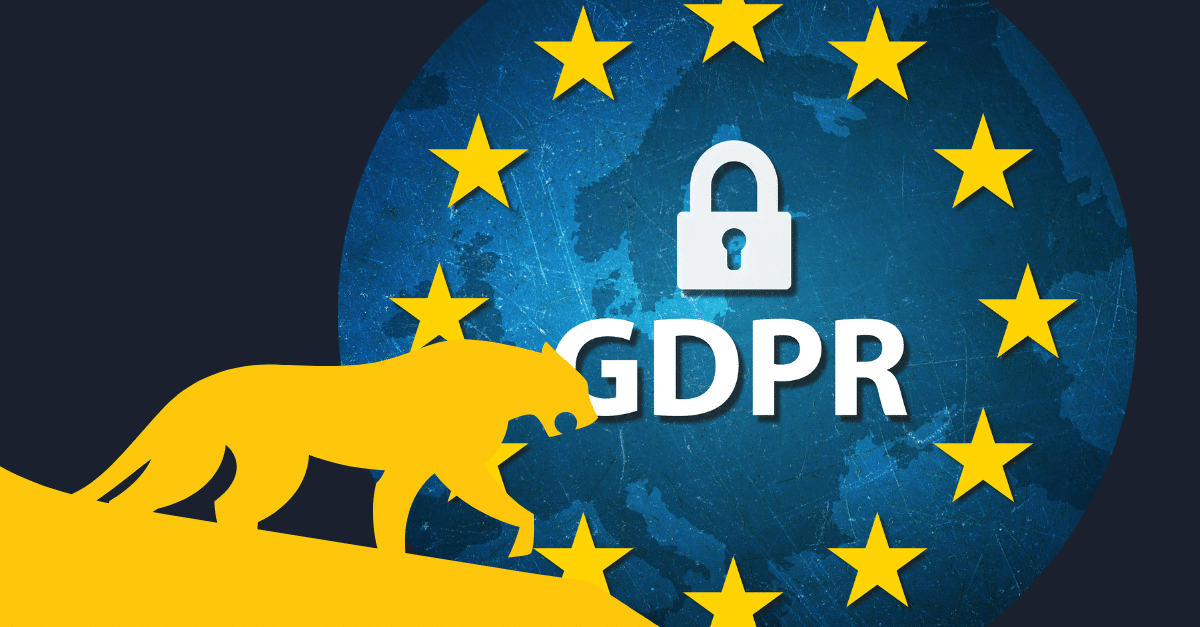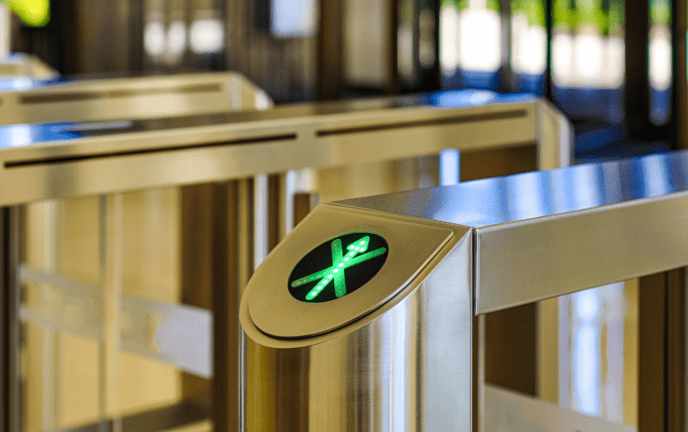Hey there, future-minded innovators! We at Ledger Leopard are thrilled you’re here, ready to learn about all the amazing ways we’re looking to change the game in the blockchain and crypto world. But before we dive deep into the nitty-gritty, let’s take a quick second to introduce ourselves. We’re the tech geeks, the blockchain buffs, the Leopards of Ledger Leopard – and we love building cool stuff. Like, seriously cool stuff.
Based in Amsterdam, we’re a Web3 company that’s all about finding new ways to use cutting-edge blockchain and web3 technology to make the way you do business better than ever. Our clients are some of the most forward-thinking companies out there, all working towards a future in which digital trust solves many of today’s problems and becomes the norm.
Why we’ve heard of it, but aren’t using it yet
Blockchain technology is one of the most talked-about topics in the business world today, and for good reason. The potential applications of blockchain are vast and varied, from securely tracking supply chain information to creating tamper-proof ID verification systems. Some see it as the key to solving many of the trust issues that currently plague online interactions, while others view it as a way to streamline and improve existing business processes. But despite its many benefits, we still sense a lot of uncertainty and hesitation surrounding the use of blockchain in enterprise-level operations. This is largely due to the uncertainties that new technologies innately carry. And a big part of these uncertainties has to do with the ongoing evolution of blockchain regulations and the lack of a clear legal framework for companies to follow.
What the regulatory environment is like at the moment
The regulatory environment for blockchain technology is still a big question mark to many people, and there is a lot of confusion about what is and isn’t legal. In the EU, the MiCA (Markets in Crypto-Assets) regulation, has been presented and will go into effect in 2024. MiCA aims to establish a comprehensive regulatory framework for crypto-assets in the EU, including for Initial Coin Offerings and Stablecoins. So, MiCA doesn’t regulate the use of blockchain as much as it regulates the assets created on a blockchain. In the US, the Securities and Exchange Commission (SEC) is actively regulating the use of blockchain in the securities industry, and has been cracking down on illegal initial coin offerings (ICOs). Again, focusing on the assets on the blockchain rather than the use of the blockchain tech itself. This tells us something important. Regulations don’t state anything about the use of blockchain tech, but rather about the applications of the technology. As long as the products in which the tech is used comply with current laws, there are no issues.
Then there is the General Data Protection Regulation (GDPR and AVG in Dutch), a critical regulation that applies to personal and non-personal data. Personal data stored on a blockchain must be protected in accordance with the GDPR’s requirements for security and confidentiality. This means that organizations using blockchain technology to store personal data must ensure that appropriate measures are in place to protect the data from unauthorized access or disclosure. Also, individuals have the right to request the deletion of their personal data, known as the “right to be forgotten.” In cases where personal data is stored on a public blockchain, it may not be possible to completely delete the data, which could pose a challenge for compliance with the GDPR. The open and transparent nature of the blockchain makes it very hard to directly store personal data on chain without violating GDPR legislation. Thus, a clever way of solving this issue is to only reference to the data using hash codes. This gets very technical very quick, but the important part to take away is that there are great ways to be completely compliant with current regulations while reaping the benefits of the new technology. And there is so much to disrupt with blockchain tech.
What we can already do very effectively
One of the most exciting things about blockchain technology is the potential it has to revolutionize the way businesses operate. For example, blockchain-based systems could make supply chain tracking more efficient and secure. This would enable companies to more easily track the movement of goods and reduce the risk of fraud. Another interesting application are blockchain-based voting systems which could provide a more tamper-proof way to conduct online elections and improve transparency in the voting process for example.
Another major benefit of blockchain technology is the way it can improve the transparency and security of online interactions. In today’s digital age, trust is more important than ever, and blockchain’s ability to create tamper-proof records can help build trust between parties who may not even know each other, without the need of an intermediary party. This could be especially valuable in fields like finance, where trust is essential to the smooth functioning of the system.
It’s time to explore and move forward
Most businesses are choosing to wait on the sidelines until “the legal landscape becomes more certain”, while in reality, many applications of blockchain tech can function fully within the bounds of current law, without the need for new laws or the risk of new laws impacting the applications. It’s important to remember that while the technology is still in its early stages, its current implementations are already vast and varied. Many of the largest enterprises have already successfully implemented blockchain tech into their processes. So don’t be scared and stopped in your attempt to find the applications of blockchain that will be highly valuable to you and your business because of a seemingly uncertain legal landscape. With the right developing partner, you will be fully compliant at all times while disrupting the status quo.
Despite the uncertainty surrounding blockchain regulations, it’s clear that there are already many exciting ways in which companies can use the technology to improve their operations. And this is where Ledger Leopard comes in – as a leading Web3 company based in Amsterdam, we specialize in integrating cutting-edge blockchain and web3 solutions into the way you do business.
Our team of experts is dedicated to helping businesses take advantage of the many benefits of blockchain technology, while always remaining compliant with all relevant regulations. From supply chain tracking to fast and fraud proof ID and document verification, we have the skills and experience necessary to help businesses build a future based on digital trust using blockchain technology.
To conclude
The regulatory environment for blockchain technology is rapidly developing, but it’s important to remember that the technology has the potential to revolutionize the way businesses operate, increase transparency and security in online interactions and improve the transparency and security of systems. Despite the uncertainty surrounding regulations, many exciting uses for blockchain are already possible and Ledger Leopard is well positioned to help companies implement them in a compliant manner. We are excited to be part of this trust-building revolution and we look forward to helping shape the future of blockchain.






